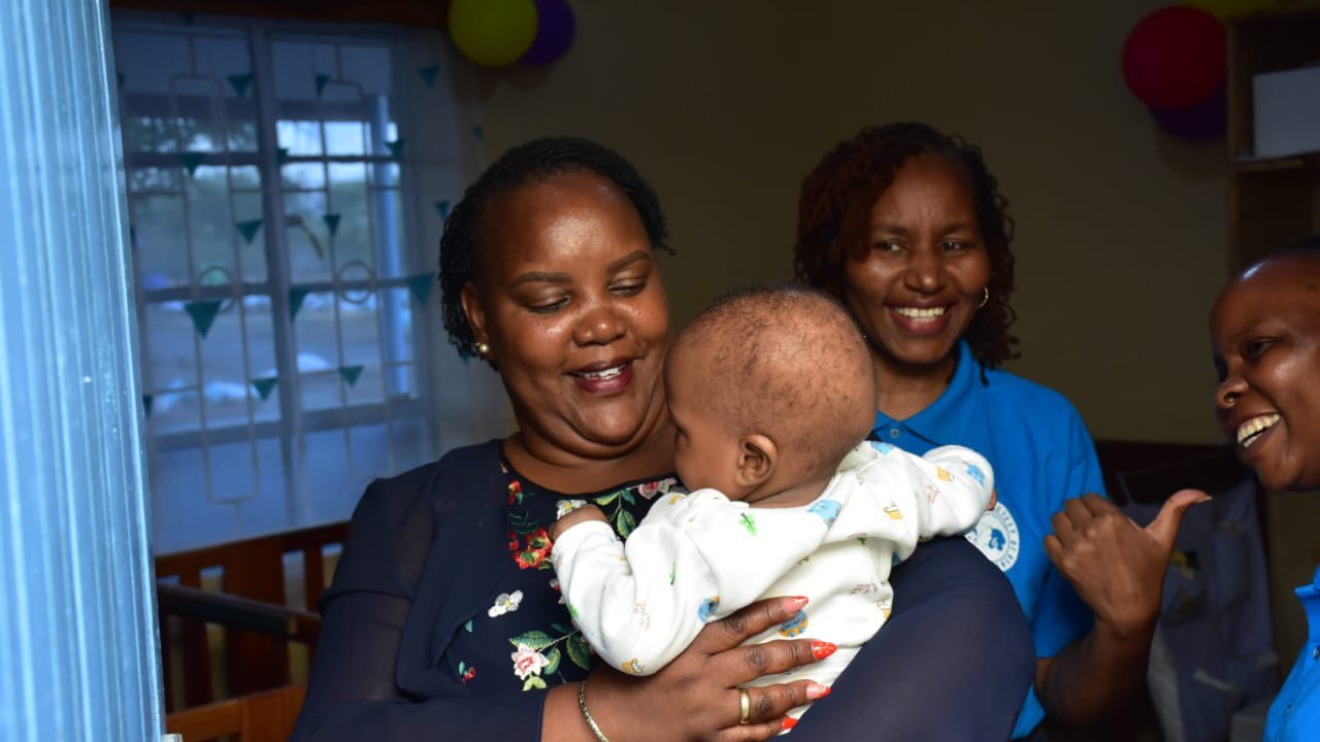In a significant move towards enhancing child welfare and promoting the deinstitutionalization of Children, the Kenyan government has reaffirmed its commitment to reforming childcare systems by closing down private orphanages and children's homes.
The focus is on finding suitable and homely placements for vulnerable children, supporting them in non-institutional settings, and ensuring their well-being during the crucial process of reintegration.
Speaking passionately about the initiative, Florence Bore, Cabinet Secretary, Ministry of Labour and Social Protection disclosed that the government has set the deinstitutionalization of children in motion.
"The Government is working on the deinstitutionalization of Children. World over, this process is being hailed as children are able to thrive best when raised in a home," Bore said.
She emphasized that these temporary places of safety provide a secure environment for rehabilitation as the process of reintegration into family settings continues.
Read More
During a recent inspection of children's care facilities under construction by the Kenyan government, Bore articulated the government's vision for the future, stating, "In the next eight years private homes will not exist. We need to prepare in order to absorb those children." This announcement reflects the government's dedication to transforming the childcare landscape for the better.
However, it is essential to note that while private children's homes and orphanages are being phased out, the Kenyan government remains steadfast in its commitment to safeguarding children's welfare.
Bore clarified that children will continue to be accommodated in facilities managed by the Child Welfare Society of Kenya, the government agency entrusted with the care, protection, welfare, and adoption of children within the country.
Kenya's decision to phase out private children's homes and orphanages aligns with the 2022 Children's Act, which recommended alternative care for children without families.
This alternative care includes guardianship, foster care placement, and adoption.
The primary aim of these recommendations is to combat the abuse and trafficking of children, ensuring their safety and providing them with loving and nurturing environments in which to flourish.
The pursuit of the deinstitutionalization of Children in Kenya is a pivotal step forward in ensuring the well-being and brighter future prospects of vulnerable children.
By focusing on placing children in suitable family-like settings, the government is actively working towards a more secure and promising future for the nation's youngest citizens, offering them the opportunity to thrive and reach their full potential.










-1757663582.jpeg)
